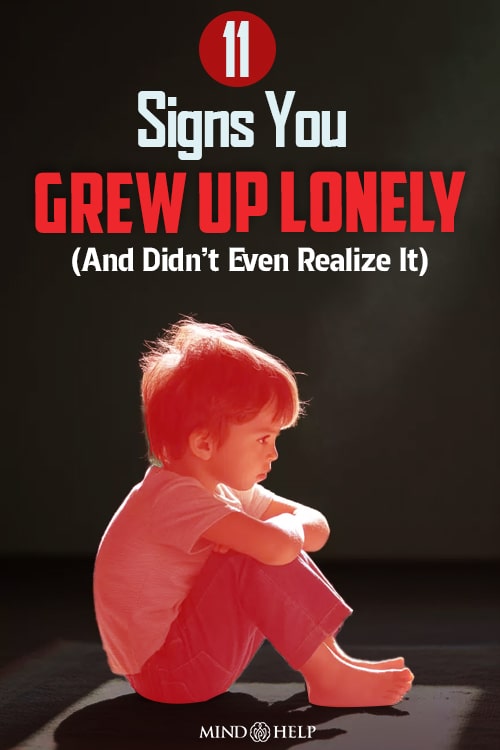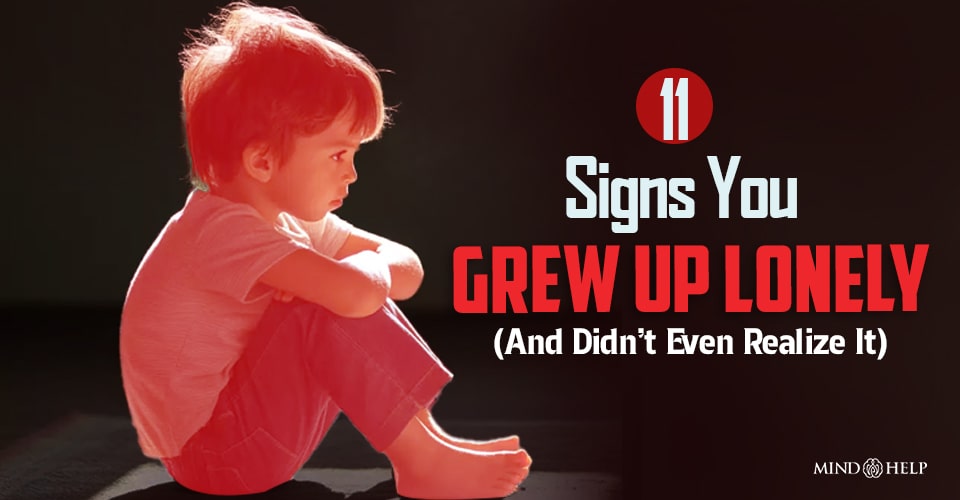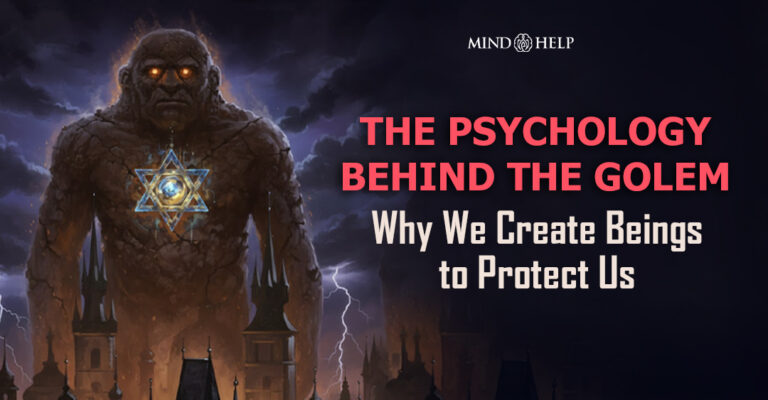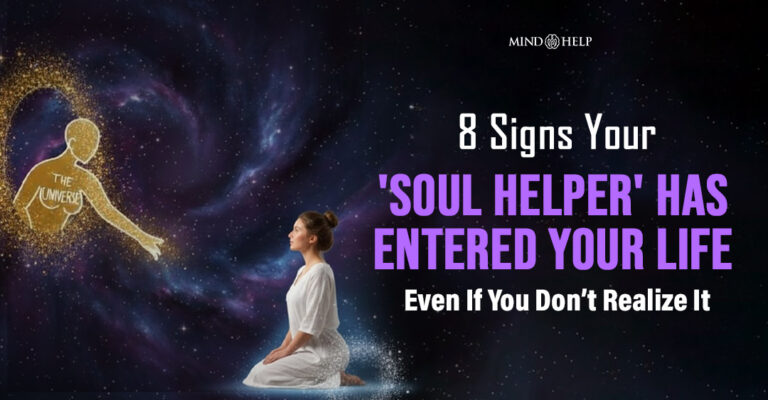When we look back, childhood is often remembered as the best of years, but what if you grew up alone? The signs you were a lonely child can quietly follow you into adulthood. The silence of a closed bedroom door or the emptiness of a playground has a way of lingering long after childhood ends.
Loneliness in childhood doesn’t always come from neglect or abuse, sometimes it’s simply the quiet absence of connection. Whether shaped by strict parenting, isolation, or being misunderstood, the signs of a lonely child leave deep imprints on personality and relationships.
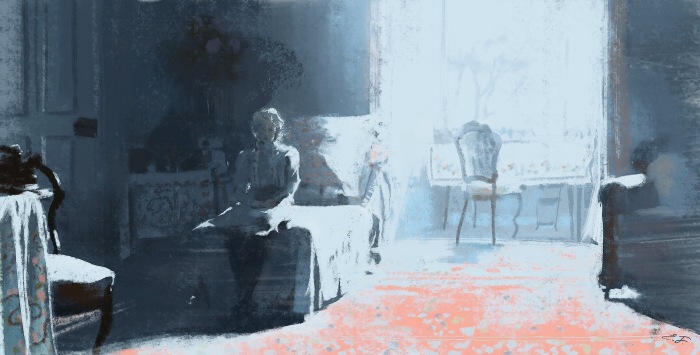
Psychologists even describe this as lonely child syndrome, when unmet emotional needs ripple into adult life. And yet, it often hides in plain sight. The world sees a grown-up, but inside lives a child who once longed to belong.
So, let us take a look how lonely child syndrome affected you and shaped your adult life:
Read more here: 8 Old Fashioned Things Parents Expect — And We’re Still Not Off The Hook
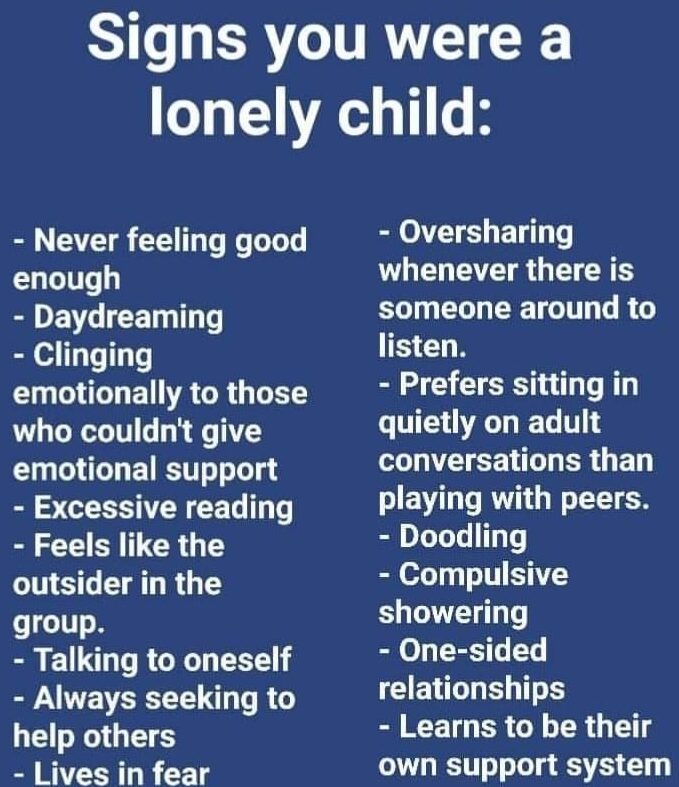
Lonely Child Psychology: 11 Haunting Signs You Were A Lonely Child
1. You Became Your Own Friend
Many lonely children created imaginary worlds, talked to toys, or invented characters to fill the void. Psychologists note that this self-reliance often served as both an escape and a survival mechanism, turning solitude into a strange kind of safety.
2. School Felt Like a Stage You Didn’t Belong On
The playground, group work, or casual chatter often made you feel like an outsider. Lonely child psychology shows that not fitting in isn’t always about being disliked, it’s about missing the early social scaffolding to connect naturally.
3. Birthdays Carried Quiet Disappointment
While others celebrated with laughter and gifts, lonely children often experienced birthdays as muted, lonely, or perfunctory. Over time, they learned to mask this disappointment with polite smiles, internalizing the absence of attention.
4. Every Interaction Became a Puzzle
Scarce early connection can lead to hyper-awareness as an adult. You may overanalyze words, tones, and expressions, constantly questioning if you are liked or understood, an imprint of childhood loneliness.
5. You Independence Came Too Soon
It’s good to be independent but not too soon. If you relied on yourself for simple things like comfort, entertainment, or problem-solving, Psychologists suggest that it is a survival skill that develops early in lonely children.
It is used by them to mask vulnerability as this traits helps like a shield against disappointment in relationships later.
6. Fiction Became Safer Than Reality
Stories, music, or shows offered companionship when human connection felt out of reach. Entire fictional worlds became more welcoming than real life, and this comfort can persist into adulthood.
7. You Felt Unseen Even at Home
The origins of lonely child syndrome can surprisingly be traced to the family unit itself. Even with loved ones around and what should be a supportive setting, a child can paradoxically feel invisible, unheard, and emotionally disregarded.
They may sense that their feelings and viewpoints are regularly dismissed or deemed unimportant compared to the worries, or priorities of other family members.
8. Pain Was Hidden Behind Humor or Strength
Many lonely children learn to disguise vulnerability with jokes, sarcasm, or a “tough” persona. Psychology notes this coping mechanism protects fragile emotions while hiding deep-seated longing for inclusion.
9. Silence Was Both Refuge and Burden
When kids grow up feeling lonely, silence is a real double-edged sword. It can feel good, like a comfort pillow, but also be scary, as it reminds them of how they’ve felt. This can stick with them as adults, where they might love solitude but also might secretly be afraid of that same emptiness.
10. Relationships Feel Precarious
Scarce or inconsistent early bonds can make trust fragile. Adults who experienced childhood loneliness may constantly question attachment and fear abandonment, even in healthy relationships.
11. Childhood Nostalgia Feels Like Grief
Individuals who experienced loneliness during their childhood, for them nostalgia can evoke a deep sense of sadness and loss. It often carry a lingering grief, stemming from the friendships they never formed and the emotional comfort that was absent.
This unresolved sorrow manifests as a persistent, quiet ache that continues to resonate throughout their adulthood.
Read more here: Making New Friends As Adults: 10 Simple Ways That Actually Work
So, these were the signs you were a lonely child and it reveals how early isolation can leave lasting marks on your heart and mind.
If you related to any of the signs above, we hope that you heal and try to make connections, even if it means going out of your comfort zone. You don’t need a dozen of friends, just one good friend is worth it!
Share your thoughts and let us know how you feel in the comments below!
